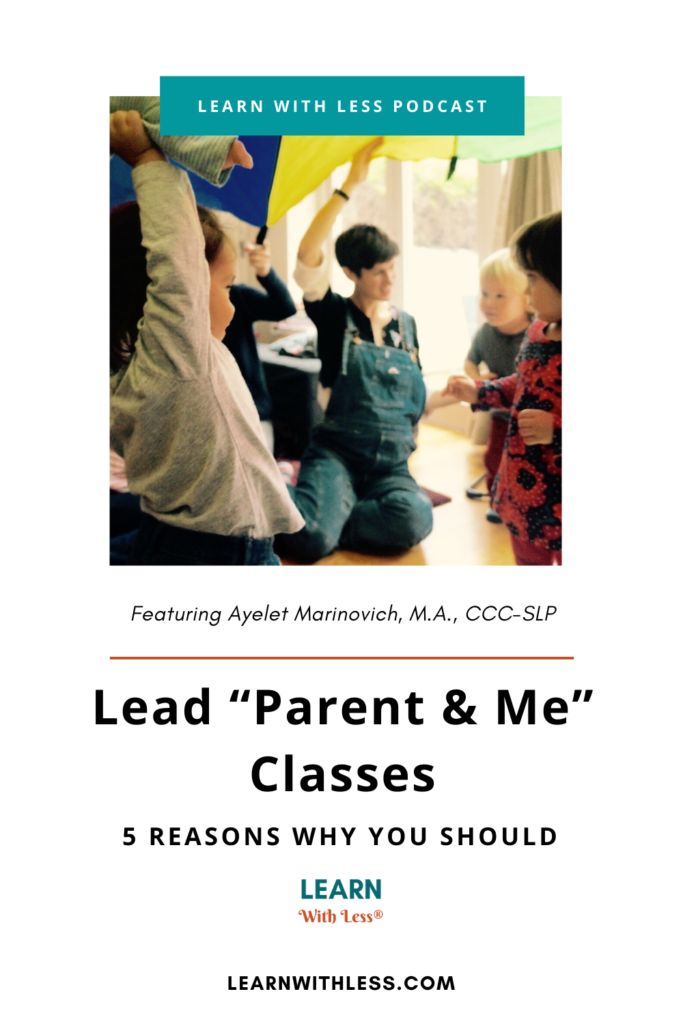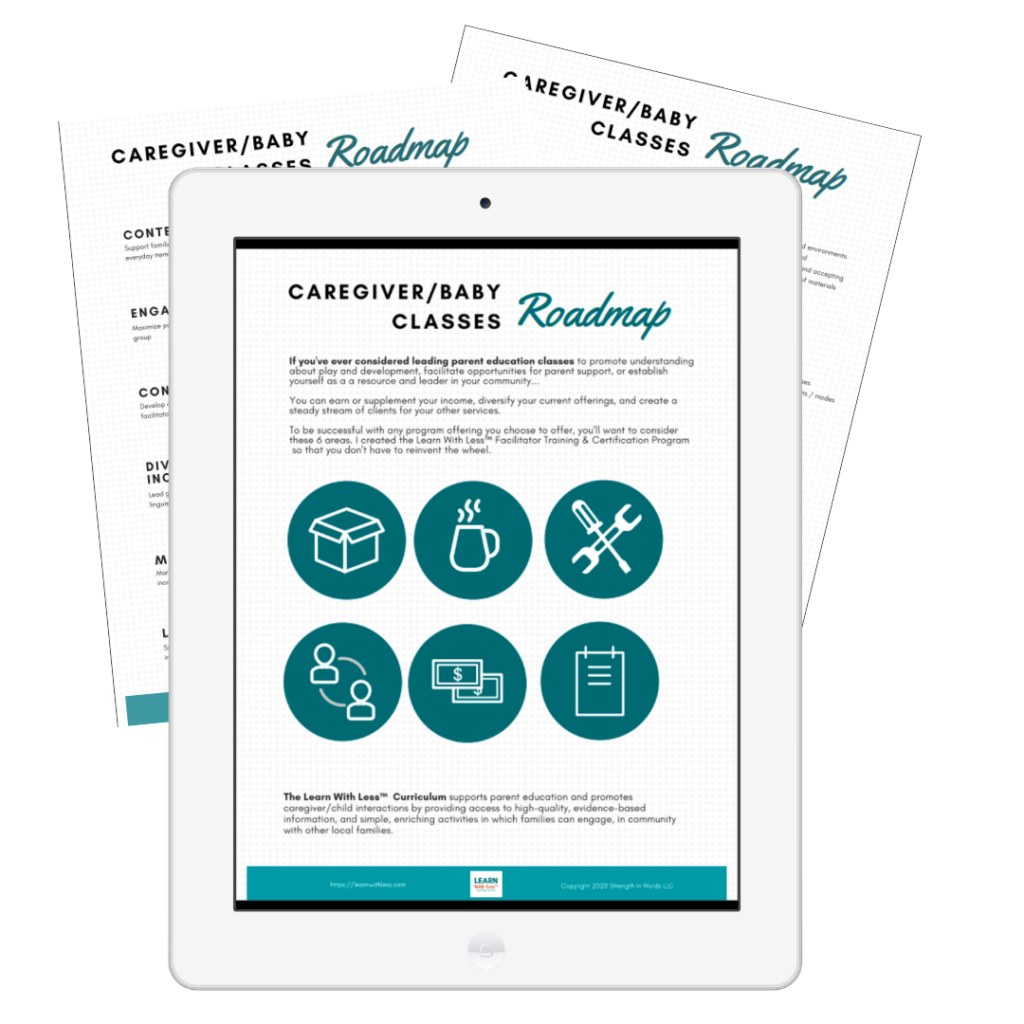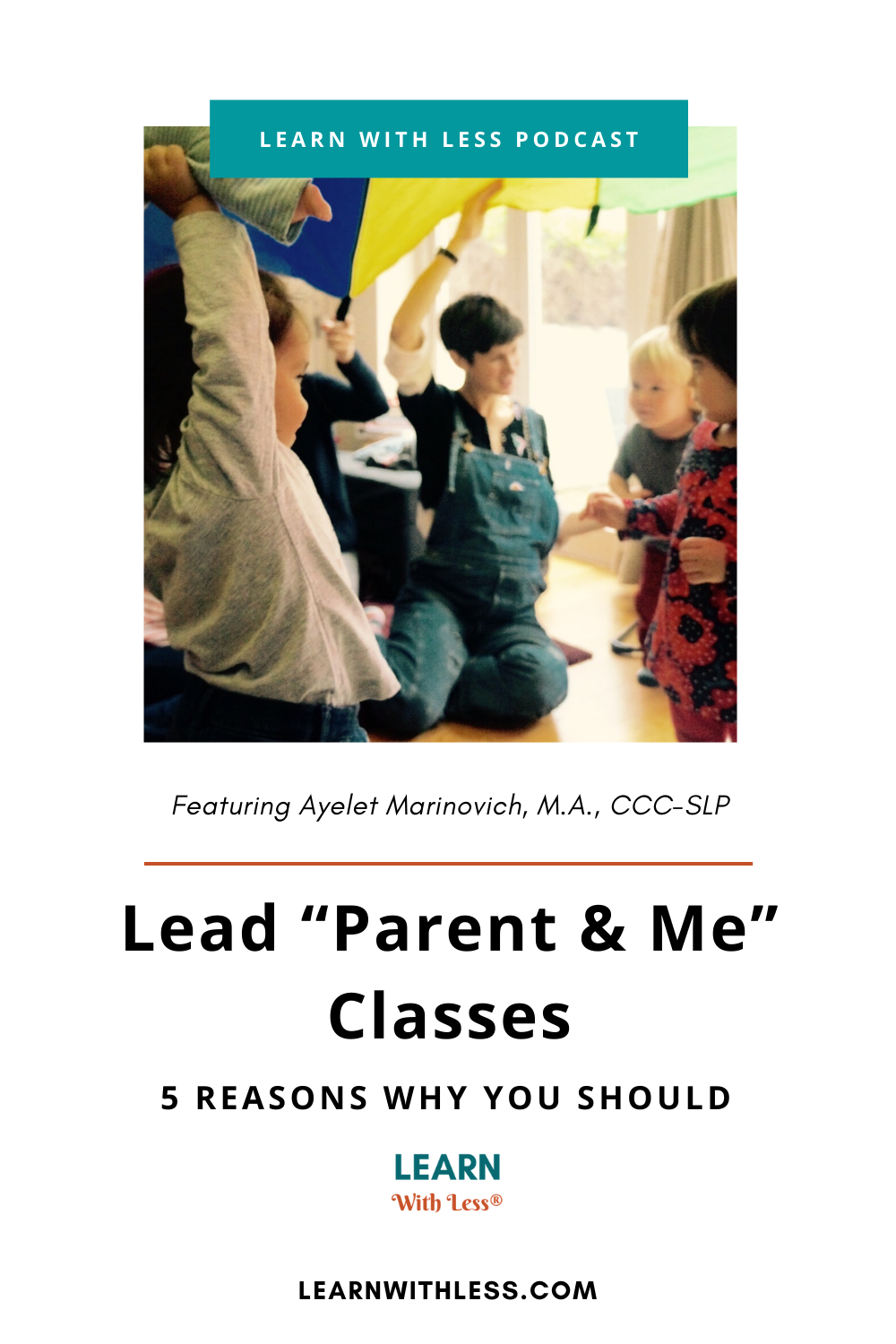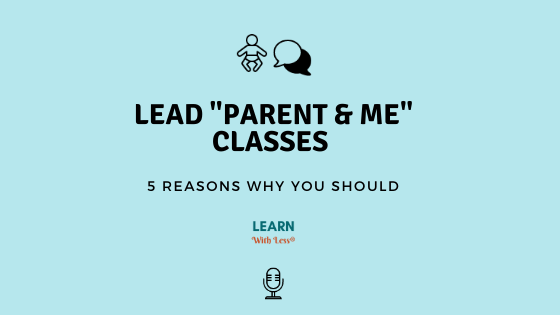
Supporting The Family As A Unit
As an educator or a therapist of any kind, you know that parents and caregivers need to feel confident that they can support and connect with their new baby or toddler.
As a professional working with families, the single most important thing that allows you to do your job effectively… is to support that CONNECTION between parent and child.
You know that all parents and caregivers – regardless of where they come from, what language(s) they speak, or what socio-economic bracket under which they fall, ALL want the same thing for their child: to raise a great human and to have peace of mind they’re doing what they need to do to support their child.
You also know that not all parents and caregivers come into parenthood knowing about how to support their children’s development, and many of them have a LOT of questions. They may rely on you as an educator or therapist to “fix their child” or “educate their child” for them, but many of them want to know more, want to “do it right” and “do it better.”
You know that not all kids who need a bit of help are going to qualify for early intervention services.
And finally, you know that ALL parents/caregivers – whether their children are developing within “normal” limits or whether they fall outside of the typical trajectory – could use the support and education involved in seeing how the magic in those mundane, everyday moments is the key to connection, the key to supporting their child’s development, and the key to raising a great human being – from day one.
You Have the Knowledge and Ability
Within the therapy room, you can support parents and caregivers alongside their children if you’re serving a child with delays, and if you can manage to get buy-in and engagement from the family. Within an early childcare setting, you can support the children by creating a language-rich, movement-rich, child-led environment to support open ended play…
But still, you know you could be doing more to support the family unit as a whole.
Still, there’s that niggling feeling that, with your knowledge about early child development and how to support the bond between caregiver and child… you could create truly enriching opportunities to help families from all backgrounds in your local area…
And… you know could probably get paid to do it! You may have already started checking out the other offerings in your area. You may already be the person many of your friends and neighbors confide in or ask questions about development or behavior problems…
The idea of leading “parent and me” groups or “sign language” classes or “early language development” workshops… may crossed your mind.
And you may be tempted to put yourself out there and try something new…
So I want to give you 5 reasons why leading “parent & me” style family enrichment classes is in your best interest as a professional working with families.
Don’t forget to download my FREE Caregiver/Baby Classes Roadmap!

Click here to download!
Your email is safe with me – I’m a mom and an SLP, not a spammer!
1. Promote parent education about play and development
Whether you work with children who are developing along a typical progression, or who are experiencing developmental delays, you may be looking for additional tools to encourage parents and caregivers to understand their children and the stages they go through.
As professionals working with families, I know many of us feel we’re often repeating suggestions and are often looking for more concrete suggestions for parents, as well as multiple ways or activities that they can do to address early learning.
Leading caregiver/baby workshops allows you to establish a relationship quickly, gives all families access to fun and simple activity ideas they can learn to do to help their infants or toddlers thrive, and can provide them with suggestions they can take home and apply more generally – even if they’ve seen your examples in a therapy room or classroom setting as the only way to do things.
You can help them see where their child’s development is, what their child is looking for, what their child is showing them, how they can respond to that to get their child to the next step – you can create a space that says, “this is a place where we can explore together.”
2. Facilitate opportunities for early parent support
Early parenthood can be incredibly isolating for families. Parents and caregivers don’t often have the opportunity to observe and reflect about their own challenges, or about their children in an organized, uplifting space.
A group scenario that allows families to benefit from quality, developmentally enriching opportunities, adds a whole other layer of enrichment – as families can learn together and from one another.
Often, bringing families together provides them with additional opportunities to build their own confidence and parental competence, and allows the facilitator to convey to parents that THEY are the agents of change in their household.
It doesn’t matter where you come from or what economic level you’re at, everyone wants the best for their child – that’s universal! When you get groups of parents together that are of different backgrounds, it can be quite miraculous because everyone gets to learn together and from each other, and everyone gets their assumptions blown out of the water. Now, in order to be able to hold space for all kinds of people, you need to do the work on yourself to be able to do that responsibly.
3. Establish yourself as a resource and leader in your local community
As a therapist or educator, I’ll bet one of your biggest thrills or pleasures is giving families resources for other high quality supports that are community-based.
What if you could create a natural transition for families to engage with you – and with other families – what if you could partner with other local organizations, and support families in new ways?
As a therapist, you know that you can only do so much in your role as “expert” – or as an educator, you can create that learning environment for the child… but to be able to truly empower the whole family unit is a gift that keeps on giving.
When we’re in a therapeutic or educational context, you’re often focusing on one specific skill that you’re trying to do. But in so doing, you’re also supporting all kinds of different things, we just don’t talk about that. The family enrichment class context provides the context for learning, exploring, observing, and scaffolding – for both the child and the adult! And you get to facilitate that!
4. Earn an income
You can earn or supplement an income, diversify your current offerings and practice, and supplement a maternity/paternity leave!
You may have gone into the field you’re in because you’re passionate about working with children, dedicated to helping families, committed to the work of early childhood education, maternal mental health, or strengthening family relationships.
You have a knowledge base that is valuable to others.
And in this climate where we aren’t quite sure what’s coming around the corner, how we’re going to be serving our communities, or whether our industries or companies will survive a global pandemic…
The ability to diversify one’s income streams and the ways in which we serve our families by sharing knowledge, imparting information, providing enriching experiences… the ability to introduce families to developmental concepts (supporting their babies with what they already have) not only in our primary functions as therapists or educators… that’s what creates freedom and true job satisfaction.
5. Create a steady stream of clients for your other services
When you help families bring more joy into their homes, when you create community by bringing families together, when you can foster early development and early parent support… you also build your own authority in your community. You can promote your other services through your classes – you can create and build a system that allows you to build your reputation in your community as a provider in the realm of early childhood and early parenthood, regardless of whether you’re wearing a “therapist” or “teacher” or “parent educator” or “facilitator” hat.
My grandfather believed in the idea of “repotting” yourself – the idea of moving between industries or roles in life and in business, to remain inspired, and to keep oneself fresh. To never stagnate.
When we repot ourselves by taking on new roles, we get to support families in different ways, towards the same end goal: connection. Because everyone wants the same thing: to connect and support their child and do the best that they can.
Caregiver/Baby Classes Roadmap
So whether you’re a new parent yourself, looking for extra income and a way to share your professional knowledge (as I was)…
Whether you’re considering dipping your foot in the water and starting your own thing (private practice, your own small business)…
Or whether you’re looking to expand your offerings within an existing practice…

I’ve created a new free resource that I’d love to share with you: a caregiver/baby classes roadmap, helping you discover how to promote parent education about play and development, facilitate opportunities for early parent support, establish yourself as a resource and leader, earn an income, and create a steady stream of clients for your other services.
This roadmap will show you the six areas you’ll need to consider so the overwhelm of starting your own thing doesn’t stop you in your tracks before you even begin, and so you don’t have to reinvent the wheel when it comes to leading caregiver/baby classes in your local community.
You can download that now by heading to learnwithless.com/roadmap
Can’t wait to hear what you think!

